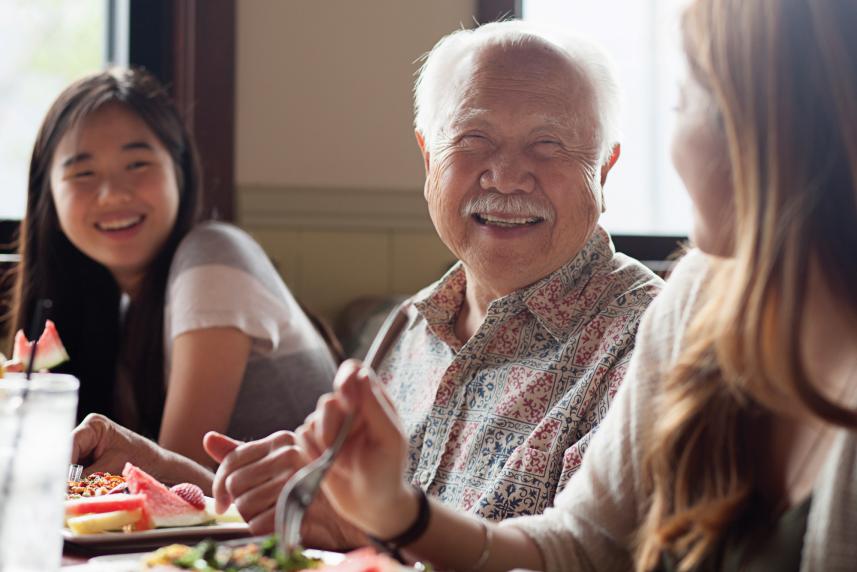Partners in health
Six ways to support a loved one with diabetes, plus, two things you should never do

When someone you love is diagnosed with diabetes, it's tempting to swoop in and try to rescue them. But diabetes isn't like a sprained ankle; you can't just put a cast on it. Typically, the diagnosis requires immediate, lifelong, and often dramatic lifestyle changes. Your job: Hold their hand, literally and figuratively. Here's how.
1 Join their care team
Attend doctors appointments or take a diabetes education class with your loved one. "If you take notes during these meetings, your partner or family member can listen and talk," says Karen Kemmis, DPT, MS, CDE, of the American Association of Diabetes Educators. "And they'll have a record of the discussion to refer to later."
2 Educate yourself
Read up on what diabetes is, how to manage it, and how to help someone live well with it. If you cook for your loved one, Kemmis says, learn how to prepare tasty meals that also help them manage their condition. You may want to meet with a registered dietitian or nutritionist who specializes in diabetes.
3 Educate the family
Pass what you've learned to other family members, so that they understand the best ways to be supportive as well.
4 Assist from the kitchen
If you cook for your loved one, learn the most effective way to prepare meals in order to help them manage their condition, Kemmis suggests. This can help make it not so tempting to overeat when at a restaurant.
5 Exercise and eat together
Offer to join your loved one in healthy eating and physical activity—and be open to fun ways to exercise together, such as brisk walks or classes at a gym or studio. Spending time together will make you both healthier and bring you closer.
6 Above all, listen
Hear what your loved one needs, says Kemmis, and how you can best help. Disease management isn't a perfect science—we're all human and will make mistakes.
- Never offer unsolicited advice. You may have educated yourself, but don't assume you know what's best. "Instead," says Kemmis, "make a habit of asking what you can do for them."
- Never judge them. You're not going to agree with all the food and care choices your loved one makes. Be mindful of giving them the space to learn. And remember: "They don't have to be perfect," says Kemmis, "to be on the right track."


